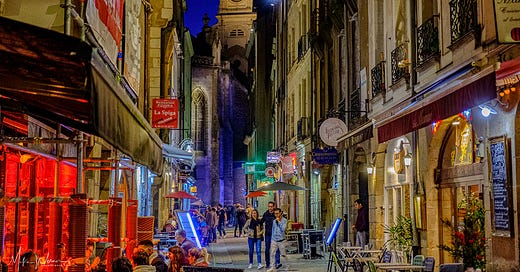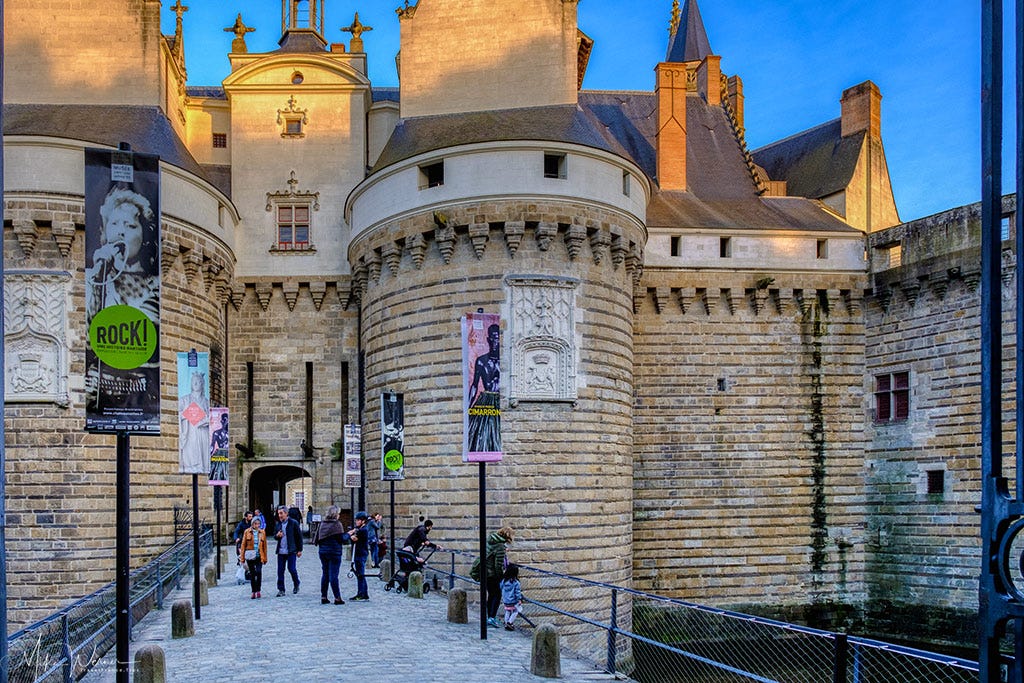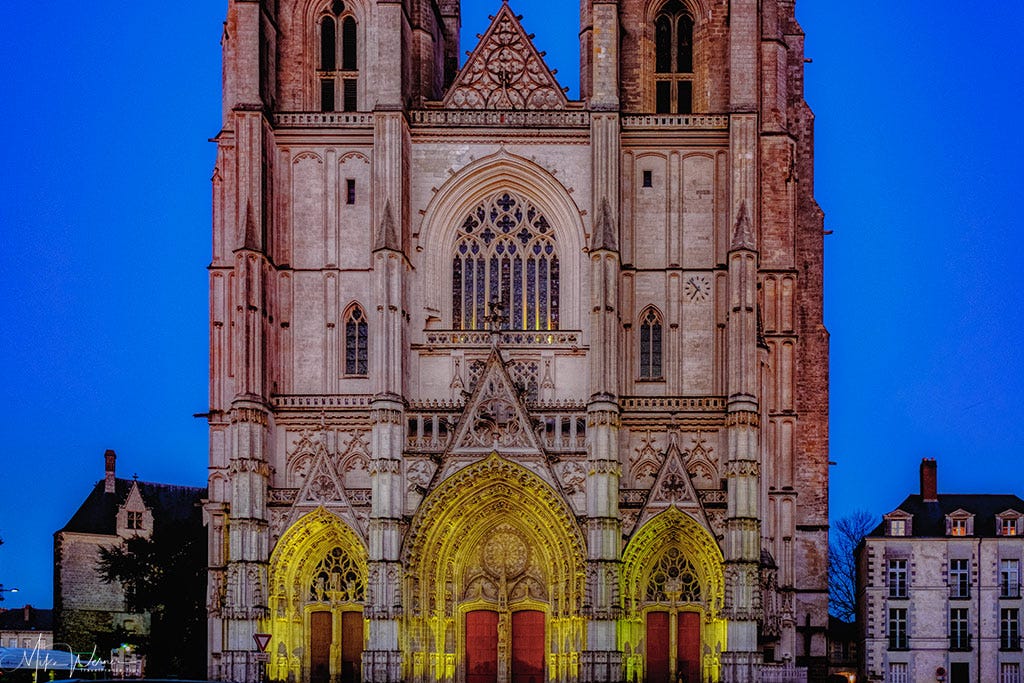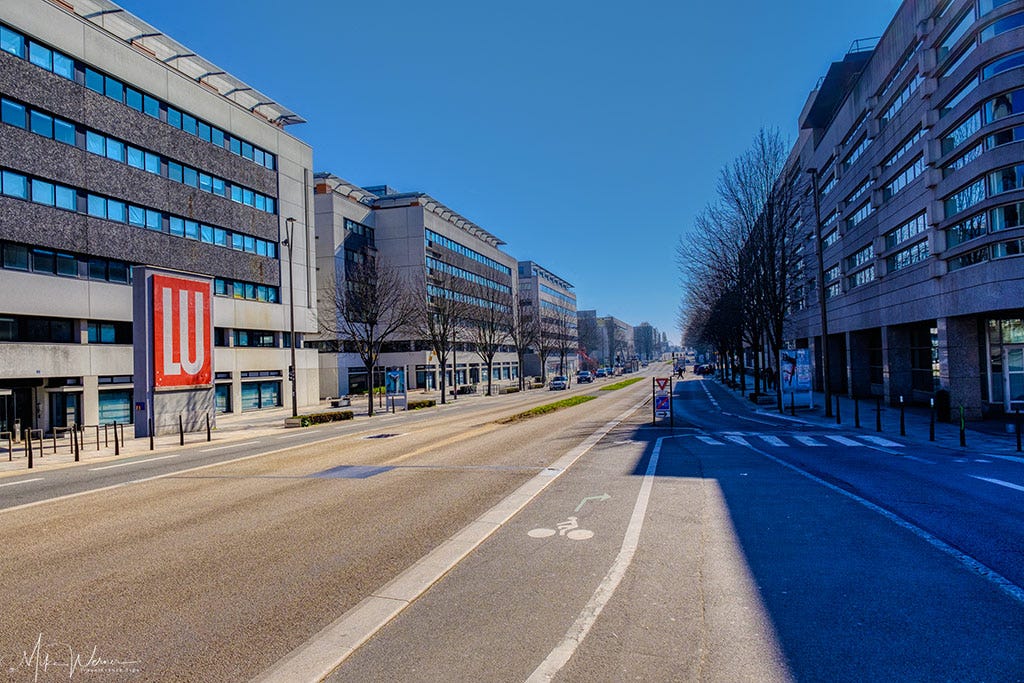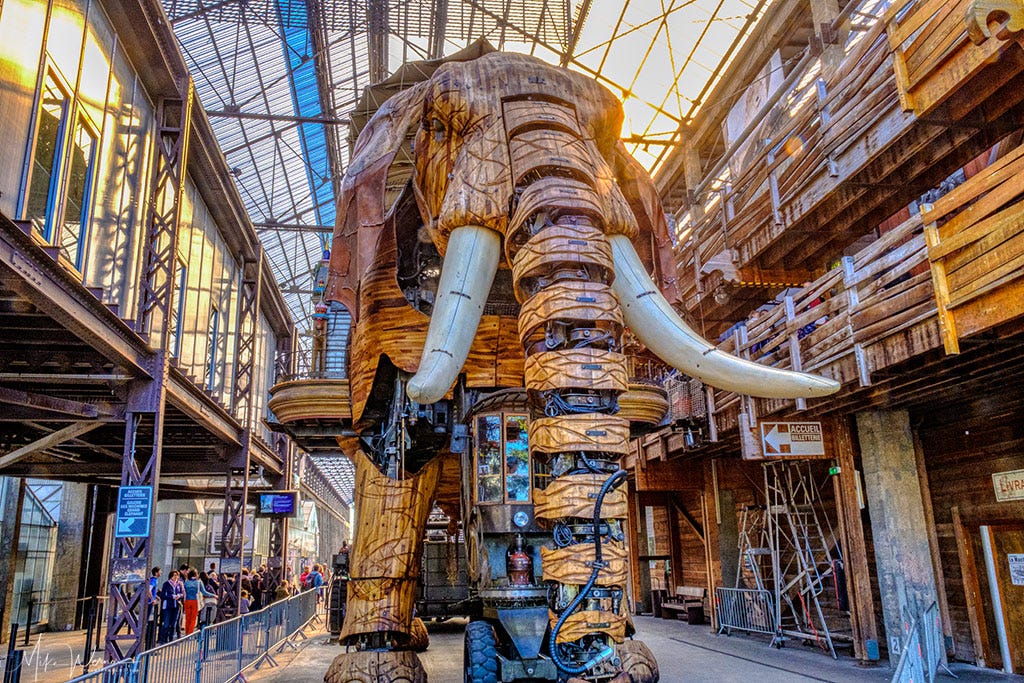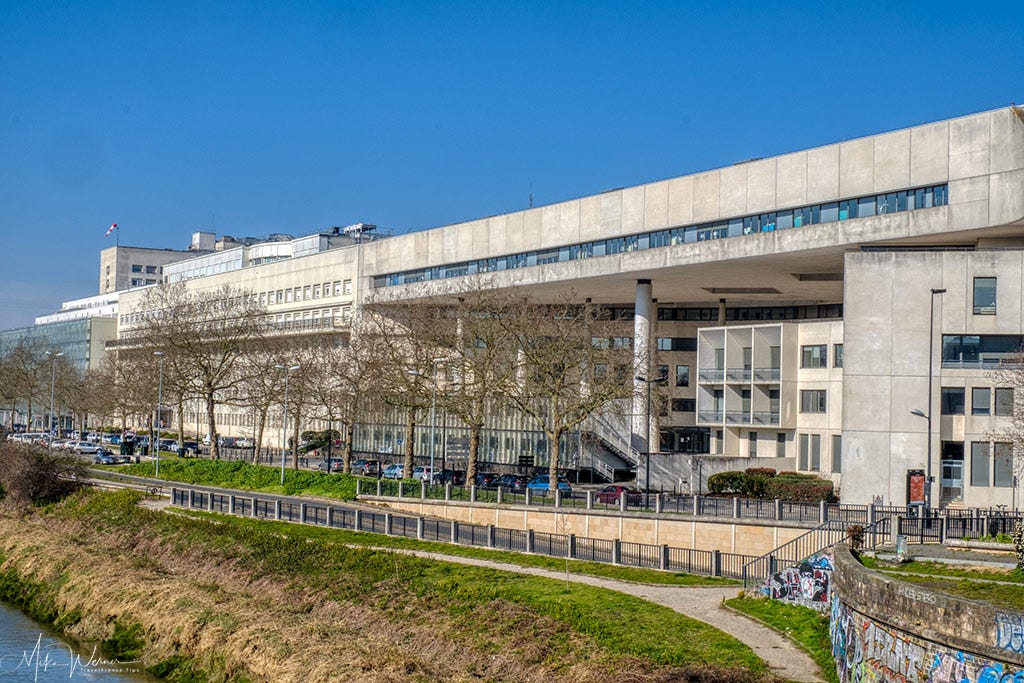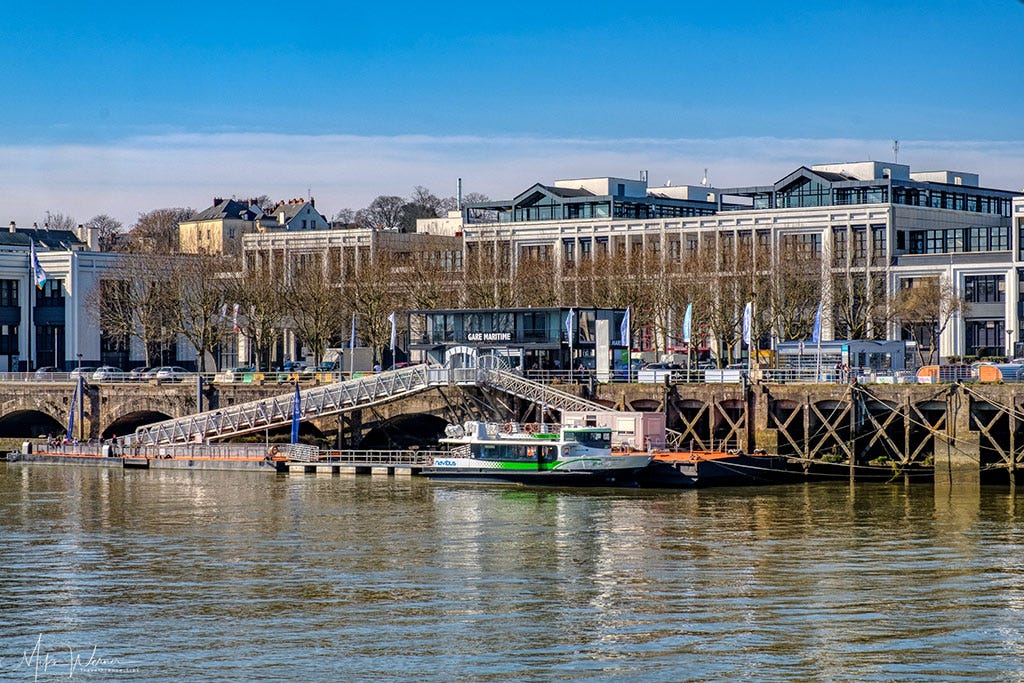Nantes is a city in western France, located on the Loire River, near the Atlantic coast. It is the sixth largest city in France by population (300,000).
Here's a more detailed overview:
History: Nantes has a rich history that dates back to the ancient period when it was occupied by the Namnetes tribe before becoming a part of the Roman Empire. The city thrived as an important port and industrial center during the Middle Ages and into the modern era. During the 18th century, it was a major hub for the transatlantic slave trade. Today, it acknowledges this past with a memorial and an annual commemoration.
The Castle of the Dukes of Brittany (Château des ducs de Bretagne) is a historic and cultural landmark located in Nantes, France. Originally built in the 13th century, it was the residence of the Dukes of Brittany until the 16th century, after which it became a French royal fortress.
The Cathedral of St. Peter and St. Paul (Cathédrale Saint-Pierre-et-Saint-Paul) is a remarkable Gothic architectural marvel located in Nantes, France. Construction of this Roman Catholic cathedral began in the 15th century and took more than four centuries to complete, symbolizing the transition from late Gothic to Renaissance and early Classical styles.
Another interesting church is the Sainte-Croix church, the church where the famous French Sci-Fi author, Jules Verne, was baptised.
Economy: Nantes has a diverse economy with strengths in several sectors like digital technology, mechanics, food industry, and health/biotech. It is also a significant agricultural region, known particularly for Muscadet, a dry white wine that pairs well with seafood. Nantes and its surrounding region is a significant contributor to the French economy.
Culture: The city is renowned for its rich cultural scene. It's the birthplace of the famous writer Jules Verne, and there is a museum dedicated to his works. The "Le Voyage à Nantes" is an annual summer event that turns the entire city into an art exhibition. One of the most notable attractions is the "Les Machines de l'île", an artistic project that includes a gigantic mechanical elephant and other impressive creations.
Click here read more about the “Machines de l’Ile” in our review.
Education: Nantes is a significant educational center with universities and institutions specializing in various fields. The University of Nantes offers a broad range of studies and research opportunities.
Environment: Nantes has often been cited as a green and environmentally friendly city. In 2013, it was named the European Green Capital by the European Commission due to its efforts to reduce air pollution and CO2 emissions, its high-quality and well-managed green spaces, and its commitment to developing public transport.
Architecture: The city boasts a mix of architectural styles due to its long history, from medieval half-timbered houses in the Bouffay district to the elegant neoclassical buildings found throughout the city. The Château des Ducs de Bretagne, a 15th-century castle and former residence of the Dukes of Brittany, is now a city museum.
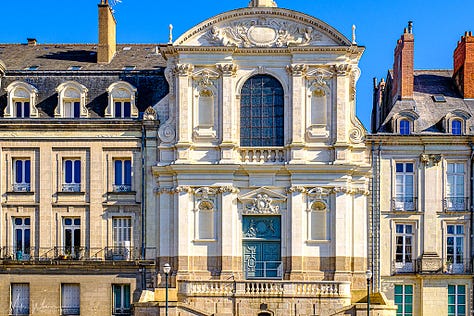
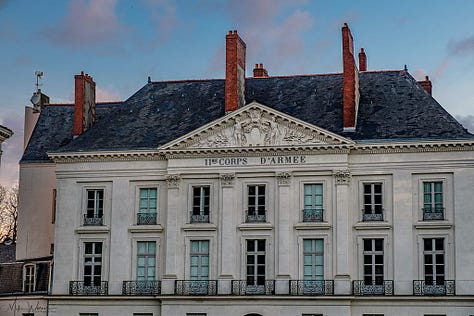
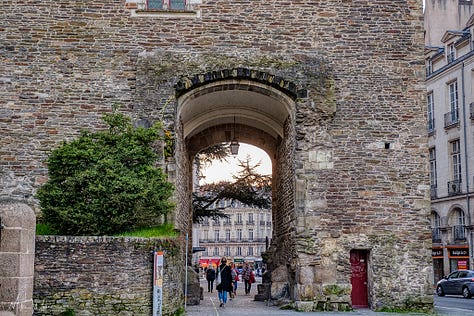
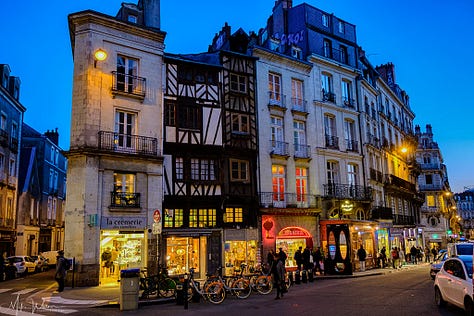
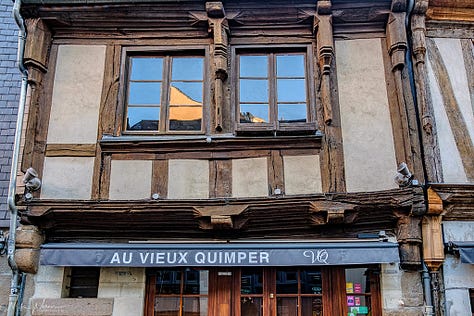
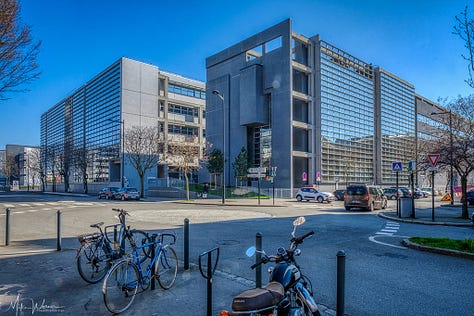
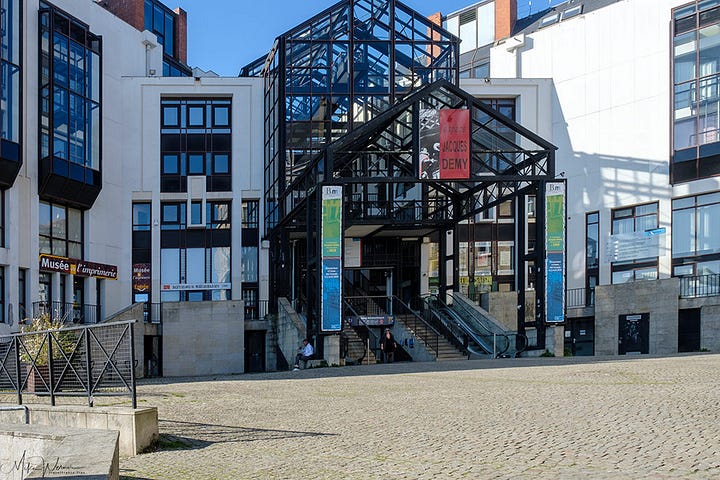
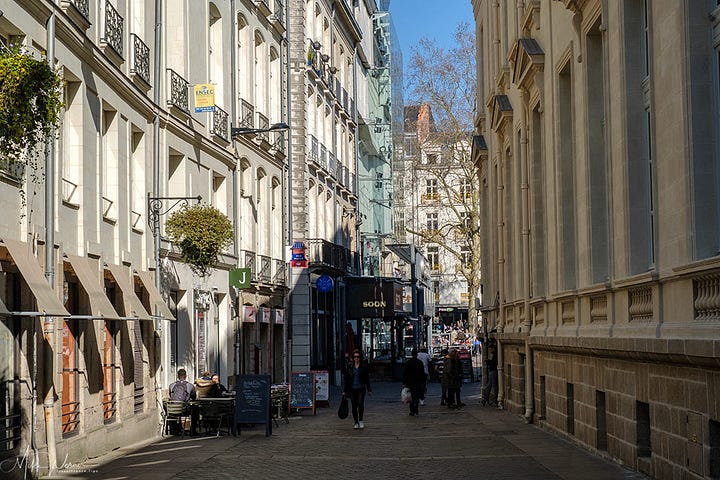
Nightlife and entertainment: Nantes is a vibrant academic hub, home to numerous universities. This imbues the city with a youthful energy, leading to an exceedingly lively nightlife. An abundance of outdoor patios, coffee shops, discos, nightclubs, and a multitude of restaurants can be found here. The city offers entertainment to cater to every age group.
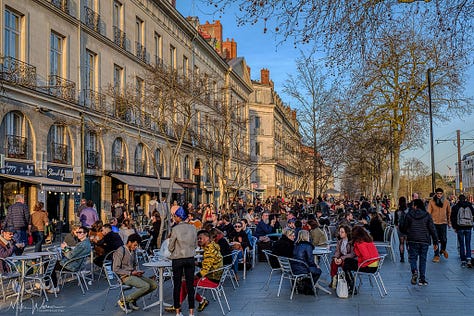
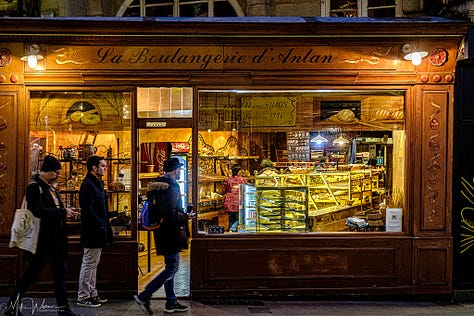
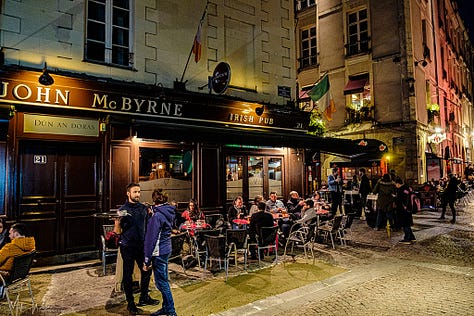
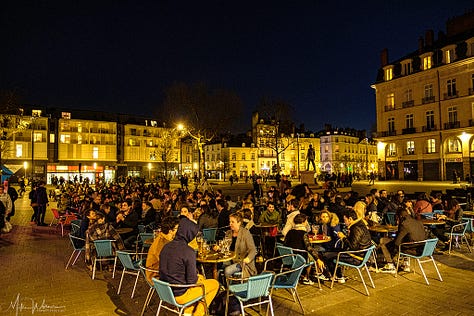
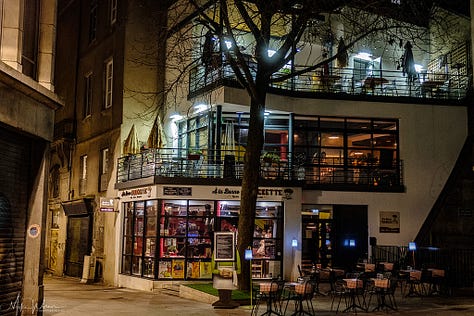
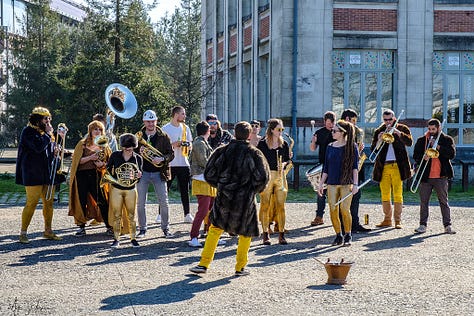
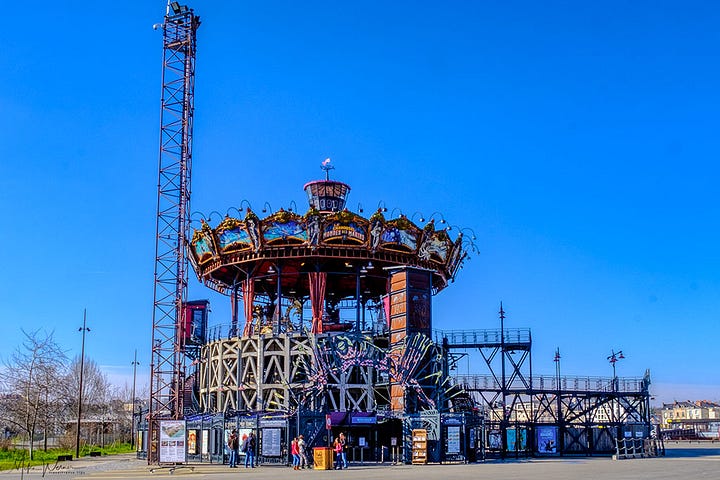
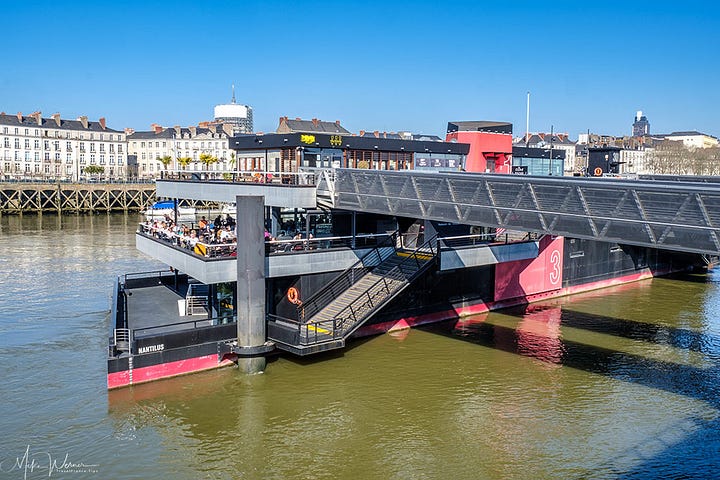
Conclusion
Nantes is a dynamic city that offers a thrilling exploration experience. It presents numerous appealing features that would satiate the most discerning of tourists. Regardless of age, visitors are bound to leave the city feeling contented. Be prepared to dedicate a few days to fully appreciate all it has to offer.

